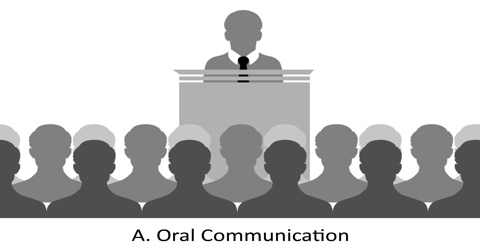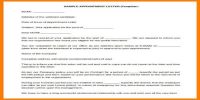Managers usually prefer oral communication to written communication. Although oral communication suffers from some drawbacks, this method of communication is more effective than written communication in the following situations:
- Instant communication:
Oral communication is more effective when it is needed to communicate with someone instantly. When the receiver does not comprehend a message, he or she can inquire for explanation accurate away.
- A detailed explanation of policies:
If any direction of managers and policy or procedure of the company requires explanation, oral communication is the best way to communicate. If any instruction or process of doing a work needs more conversation, oral communication will be the best serve the purpose.
- Developing a direct relationship:
If it is important to establish a direct relationship between sender and receiver, or between workers and management, they should communicate orally. When a communicator wishes to contact straight with the communicate, in that case oral communication is more cooperative.
- Maintaining secrecy:
Oral communication is best suited when information is to be kept secret. In this communication, the contents of the meaning can be reserved restricted between the sender and the receiver of the message. Apart from these two persons, no one can’t recognize the message. Moreover, the messages are not reserved in a record, so no trouble of losing any message. Written communication leaks secrecy as the message passes from hand to hand.
- Instant response:
Where instant reply from the receiver is required, oral communication is the best suited there. For efficient communication, response is an obligation. If any reply needs to be known instantly, it can be done enhanced throughout oral communication.
- Reaching a mutual understanding:
Sometimes an open discussion is needed for reaching a consensus. When it is required to make understand others about the company’s strategy and guideline then oral media is the easiest method to make thing understandable. Such discussion is possible only through oral communication.
- Illiterate receivers:
When the receivers are illiterate, written communication is meaningless to them. If receivers are uneducated, where written communication is completely ailing with such receivers. Oral communication is only a way to communicate with them.
- Avoiding bureaucratic complexities:
Bureaucratic complexity delays communication. The complex procedures and rules that bureaucrats follow in completing their tasks in written communications. In order to avoid any delay caused by bureaucracy or red-tapism, oral communication should be used instead of written communication.
- Developing Relation:
Oral communication is one of the most excellent methods to progress personal or social relation. To pass on any message or information in a huge congregation, oral communication is the mainly effectual medium to reach to the audience. Without any official procedure, both sender and receiver can allocate their, ideas or opinions and many more.
- Avoiding Delay:
Wastage of time in communication makes the circumstances out of reach. If enough time is not accessible to exchange a message, oral communication can be the best way out to exchange message. There oral communication requires less time than other communication procedure, it is enhanced to take alternative to such communication.















